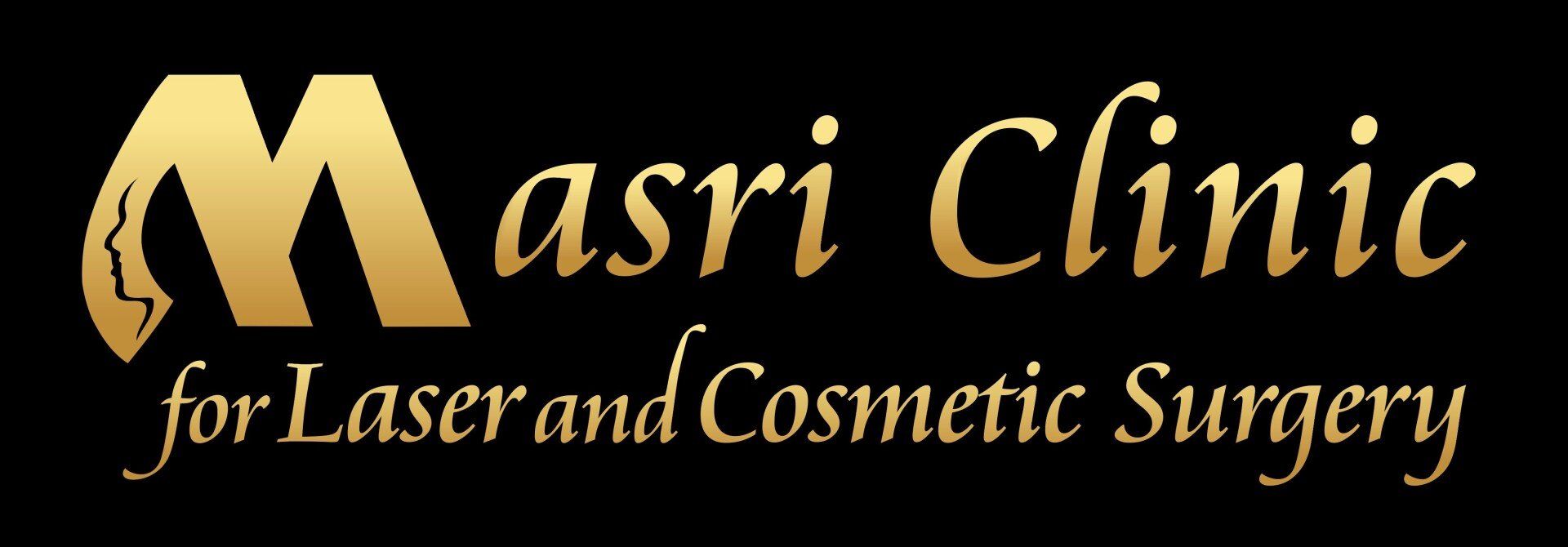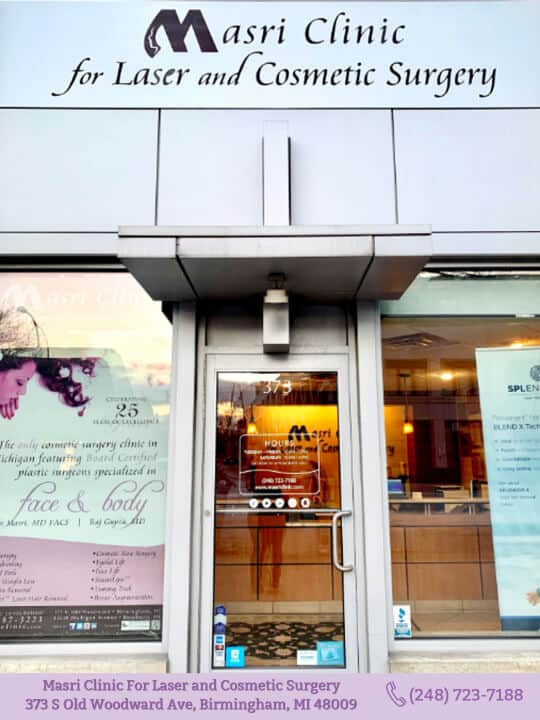What Is the Difference Between a Plastic and Cosmetic Surgeon?
Plastic surgery and cosmetic surgery are frequently confused for one another, but these are actually two distinct specialties. Most people use the terms interchangeably since a considerable number of plastic surgeons focus their practice on cosmetic surgery.
So what makes plastic surgery and cosmetic surgery different from each other? Plastic surgeons mainly work to reconstruct defects in the face and body. They also aim to correct dysfunctions in affected areas. On the other hand, cosmetic surgeons perform procedures generally related to improving a person’s aesthetics rather than their health.
Knowing the difference between the two will allow you to make a better decision with your cosmetic procedures.
Distinguishing Between Plastic and Cosmetic Surgeons
Plastic surgeons and cosmetic surgeons share many similarities in their education, training, and specialization. However, they differ in their training, their research, and their patient outcome goals.
All plastic surgeons have a basic grasp on cosmetic surgery as part of their specialization, but not all cosmetic surgeons are plastic surgeons. Cosmetic surgeons need to undergo training in a separate program that specifically gives them experience in handling cosmetic procedures. An aspiring cosmetic surgeon must complete their medical residency in a related discipline which is not necessarily plastic surgery.
Plastic Surgeon
Focused on reconstructing normal function and appearance
Trained during a post-graduate residency program
Can perform any kind of plastic surgery, including basic cosmetic surgeries
Cosmetic Surgeon
Focused on enhancing appearance
Trained after a post-graduate residency program
Specializes in cosmetic surgery only, but may have background in a related medical discipline
There are two types of plastic surgery: reconstructive plastic surgery and cosmetic plastic surgery. What we refer to when we talk about
plastic surgery and surgeons here refers to reconstructive plastic surgery.
Plastic Surgery
Plastic surgery is a surgical specialty dedicated to reconstructing facial and body defects that may be caused by birth disorders, trauma, diseases, or burns. Plastic surgeons focus on correcting these dysfunctional areas, and concentrate on getting them to look and function normally over making them look better.
Plastic surgeons are trained during a post-graduate residency program, where they pursue a specialized education in the discipline of plastic surgery. This post-graduate residency program usually lasts around 5 - 7 years, which combines training in general surgery and plastic surgery.
A plastic surgeon who has been certified by the American Board of Plastic Surgery must have undergone the required training in hand surgery, reconstructive surgery, trauma surgery, congenital defect repair, disorders, and cosmetic surgery. While cosmetic surgery is part of a plastic surgeon’s education, they do not learn every procedure. According to the American Board of Plastic Surgery, they need only perform a minimum 55 cases of cosmetic surgery as part of their training.
A board certified plastic surgeon must have achieved a certain level in general and plastic surgery, but it does not mean they are experts in cosmetic surgery. They may choose to complete the additional training required to be able to perform all kinds of cosmetic surgeries, but the basis of their experience begins at reconstructive plastic surgery. Notably, most plastic surgeons do choose to pursue further studies in cosmetic surgery.
Cosmetic Surgery
Cosmetic surgery, on the other hand, is focused entirely on the appearance of the patient. The key goals cosmetic surgery aims to achieve are aesthetic appeal, symmetry, and proportion. Cosmetic surgeons are more concerned about the form rather than the functions of the head, neck, and body.
Since these areas function effectively and do not pose a risk to the life and health of a patient, cosmetic surgery is considered an optional course of study. With additional training, cosmetic elective procedures can be performed by doctors from various medical fields, including plastic surgeons.
There is no residency program in the United States that is devoted exclusively for training in cosmetic surgery. After completing residency training for a related medical discipline, an aspiring cosmetic surgeon must find a post-residency fellowship training program to learn this elective.
The training requirements prescribed by the American Board of Cosmetic Surgery include breast surgery, face surgery, tummy tuck, liposuction and other cosmetic surgeries. In order to get board certification, a cosmetic surgeon must have completed a one-year fellowship training approved by the American Board of Cosmetic Surgery. The fellowship must be exclusive for the medical subspecialty of cosmetic surgery, where a fellow will learn all cosmetic surgery procedures in the face, breast, and body, as well as non-surgical treatments.
Completing a course in cosmetic surgery requires the fellow to complete 300 individual cases of cosmetic surgery procedures, in accordance with the guidelines set by the American Board of Cosmetic Surgery.
Consulting With the Right Doctor
Legally speaking, many health care practitioners are allowed to perform cosmetic procedures, so long as they have proper supervision.
Getting skin treatments, for example, may lead you to a dermatologist. Dermatologists focus on health issues concerning the skin, hair, and nails and may perform cosmetic procedures to address problems in this area, but they are certified under the American Board of Dermatology.
This is why it’s tricky to identify the right kind of board certified medical professional to address your exact needs. By properly defining what your needs are, you can develop a better understanding of who is qualified to treat you.
If you need to get the following, then you should consult with a
plastic surgeon:
- Repairs on congenital defects, such as a cleft palate
- Reattachment of severed limbs, toes, fingers
- Reconstruction on congenital deformities
- Surgery for traumas and burns
- Treatment for tissue degenerative conditions
- Breast reconstruction, hand surgery, or scar revision surgery
If you’re interested in getting the following procedures done,then it’s best to seek a
cosmetic surgeon:
- Breast enhancements: breast augmentation, breast lift, breast reduction
- Facial contouring: rhinoplasty, chin, or cheek enhancement
- Facial rejuvenation: face lift, eyelid lift, neck lift, brow lift
- Body contouring: tummy tuck, liposuction, gynecomastia treatment
- Skin rejuvenation:
Botox, laser resurfacing, filler treatments, dermabrasion
Find the Right Surgeon For You
Masri Clinic is the leading aesthetic solution provider in Michigan, specializing in the latest advancements for both surgical and nonsurgical applications of laser and cosmetic surgery procedures.
Masri Clinic treats patients in facial plastic surgery, general plastic surgery, and esthetic medicine. As no two patients are the same, our trusted team of board certified surgeons and estheticians are experienced in addressing a variety of cosmetic cases. We offer our patients customized treatment plans and help them become their best selves.
Book an appointment with Masri Clinic, and let us provide the beauty solutions you need.
Read more:
How Do I Choose a Plastic Surgeon?








